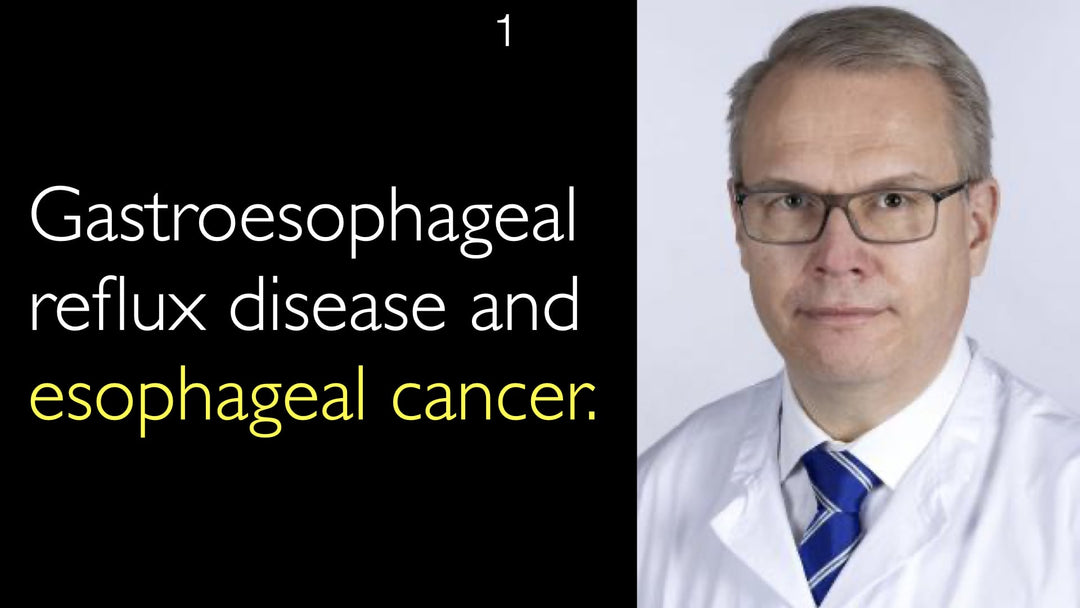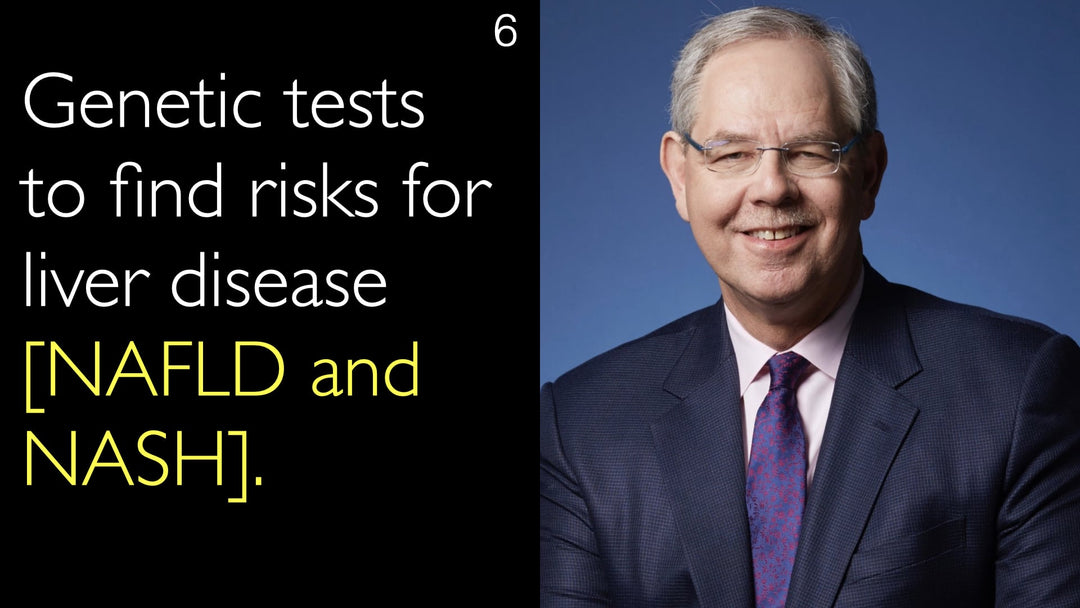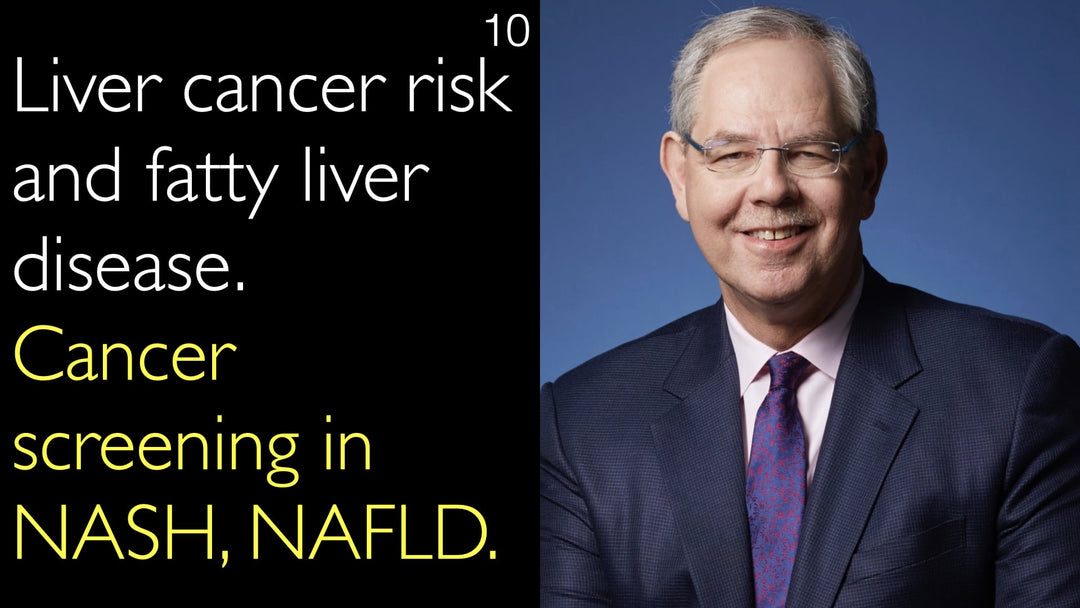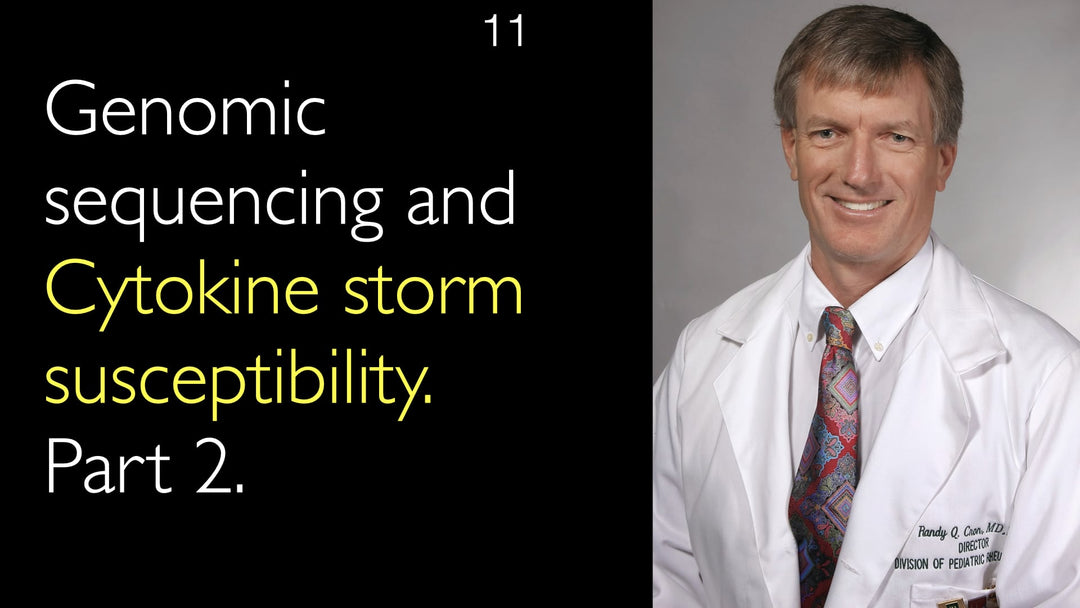Leading expert in esophageal surgery, Dr. Jari Rasanen, MD, explains the link between GERD and esophageal cancer. He details how chronic inflammation from acid reflux causes oxidative stress and DNA damage. This process is a key mechanism in cancer development. Dr. Rasanen also discusses the prevalence of gastroesophageal reflux disease globally.
Gastroesophageal Reflux Disease and Esophageal Cancer Risk Explained
Jump To Section
- GERD Prevalence and Global Impact
- How Acid Reflux Leads to Esophageal Cancer
- Chronic Inflammation and Cancer Formation
- Role of Oxidative Stress in DNA Damage
- Managing Cancer Risk from GERD
- Full Transcript
GERD Prevalence and Global Impact
Gastroesophageal reflux disease is an extremely common medical condition worldwide. Dr. Jari Rasanen, MD, notes that nearly 20% of the global population experiences some form of gastric reflux symptoms at least weekly. This high prevalence makes GERD a significant public health concern. The condition affects millions of individuals across different geographic regions and demographics.
How Acid Reflux Leads to Esophageal Cancer
Gastroesophageal reflux disease serves as a known risk factor for esophageal carcinoma development. Dr. Jari Rasanen, MD, explains that while reflux rarely progresses to cancer, the connection is well-established in medical literature. The constant exposure of esophageal mucosa to stomach acid creates conditions favorable for malignant transformation. Dr. Anton Titov, MD, explores this relationship during the discussion with the esophageal surgery specialist.
Chronic Inflammation and Cancer Formation
The primary mechanism linking GERD to cancer involves persistent inflammation of the esophageal lining. Dr. Jari Rasanen, MD, emphasizes that chronic inflammation in the esophagus mucosa directly contributes to cancer formation. This inflammatory process, while protective initially, becomes destructive when sustained over long periods. The exact biological pathways remain partially unknown, but research continues to uncover the complex interactions.
Role of Oxidative Stress in DNA Damage
Oxidative stress represents a key mechanism in the progression from reflux to cancer. Dr. Jari Rasanen, MD, describes how chronic inflammation leads to the formation of free oxygen radicals. These reactive molecules cause significant damage to cellular DNA within the esophageal tissue. This DNA damage accumulates over time, eventually leading to uncontrolled cell growth and esophageal cancer development.
Managing Cancer Risk from GERD
Understanding the cancer risk associated with GERD helps inform treatment strategies. While anti-reflux surgery can alleviate symptoms, its impact on cancer risk reduction requires careful consideration. Dr. Anton Titov, MD, discusses these therapeutic approaches with Dr. Jari Rasanen, MD. Early intervention and proper management of gastroesophageal reflux disease remain crucial for preventing complications. Regular monitoring of persistent reflux symptoms is essential for high-risk patients.
Full Transcript
Dr. Anton Titov, MD: Let's start the conversation with gastroesophageal reflux disease. It's a very common problem. Gastroesophageal reflux is a risk factor for esophageal carcinoma.
Dr. Anton Titov, MD: How does GERD lead to esophageal cancer? Does anti-reflux surgery reduce or completely remove the cancer risk?
Dr. Jari Rasanen, MD: Gastroesophageal reflux disease is a very common problem. Everywhere in the world, it's counted that almost 20% of the population is suffering from some form of gastric reflux at least every week.
Dr. Jari Rasanen, MD: Luckily, the reflux very seldom leads to esophageal cancer. Still, the main problem with esophageal reflux disease is that it's causing chronic inflammation in the esophagus's mucosa, which leads to cancer formation.
Dr. Jari Rasanen, MD: The exact mechanism behind this process is unknown. But we have studied that one of the mechanisms can be this: because of chronic inflammation, there will be the formation of free oxygen radicals, which is called oxidative stress in the mucosa. This can cause damage to DNA, which in turn leads to esophageal cancer.







